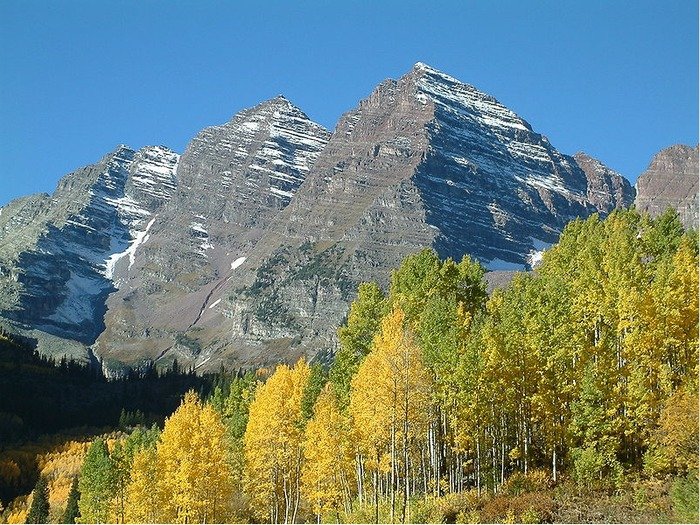WASHINGTON, Feb. 11 (UPI) -- A recent widespread die-off of Colorado aspen trees is a direct result of damage caused by a drought 10 years ago, scientists say.
A team led by the Carnegie Institution's Department of Global Ecology, writing in the journal Global Change Biology, estimate the die-off has affected as much as 17 percent of Colorado aspen forests.















